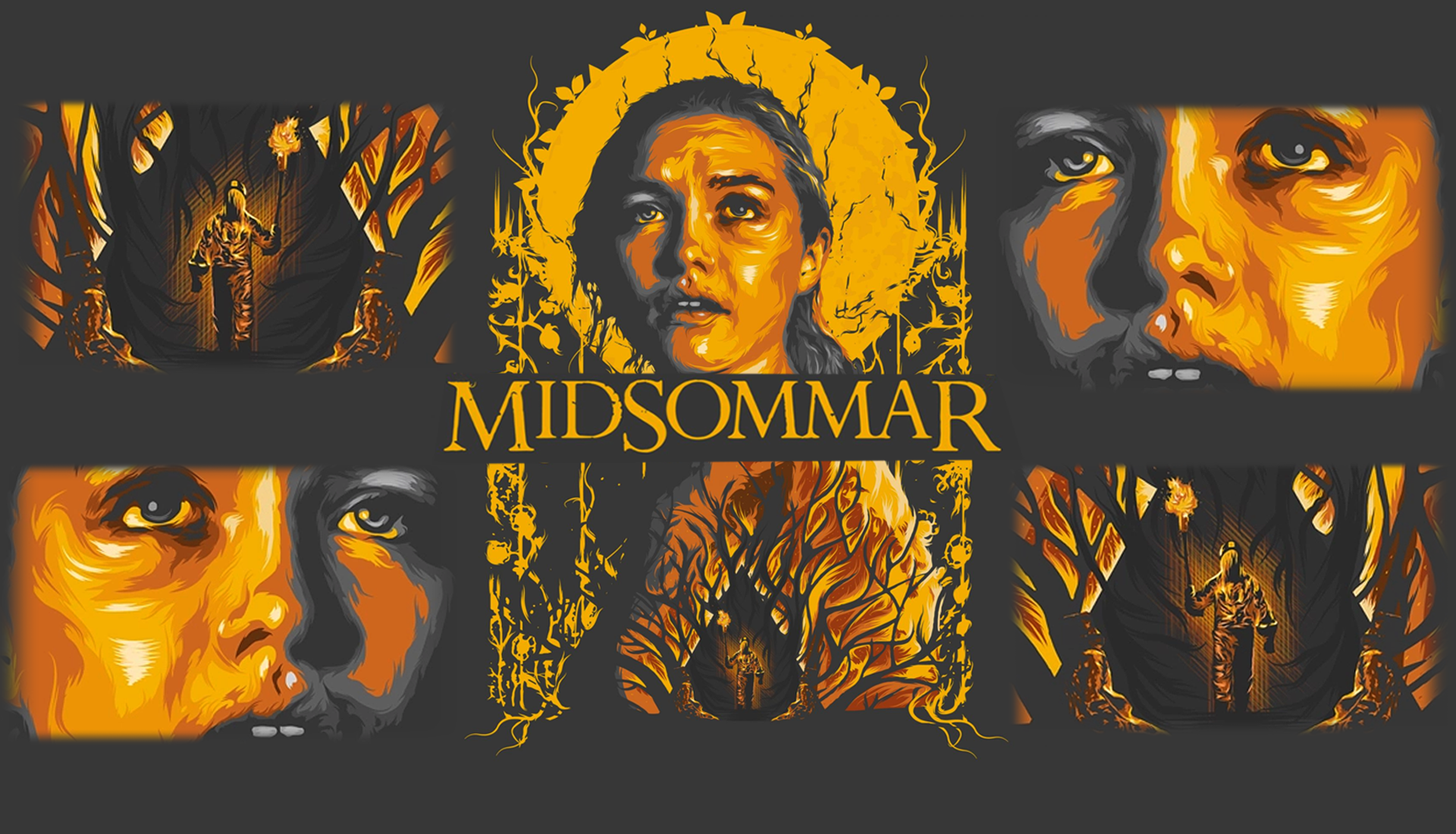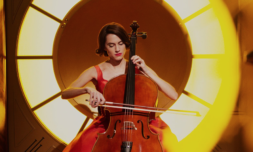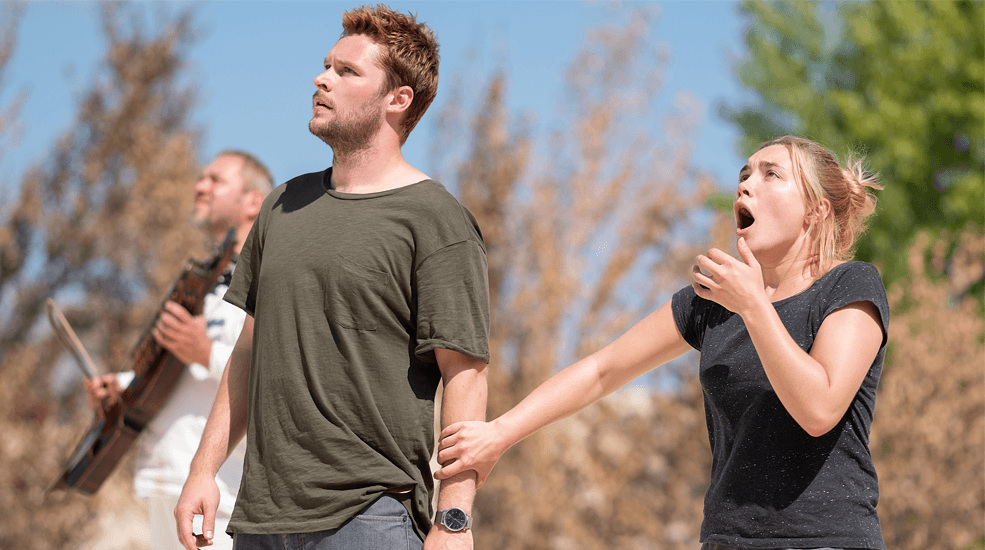Ari Aster’s Midsommar is arguably even more chilling than his critically acclaimed horror debut Hereditary. This is one bacchanal even this office wouldn’t want to attend.
Ari Aster equally disturbed and delighted horror buffs last year with the release of Hereditary. Having been touted as a revolutionary horror classic in promotions and even equated to William Peter Blatty’s The Exorcist, Aster’s foray into the genre was met with huge expectation, but boy did it deliver. And Midsommar again had his burgeoning stamp all over it.
Familiarly focused around the central themes of grief, despondency, and infirmity, Midsommar is a crescendo of paranoid ‘trippiness’ that displays the unerring influence of social decorum as events build to an uproarious gross-out, reminding us of the sinister unravelling of the Graham family last year.
The central conflict of the story is played out by Dani Ardor (Florence Pugh) and Chris Hughes (Jack Reynor). Dani’s precarious relationship with her already emotionally distant boyfriend Chris is on the verge of ending when a devastating (and disturbing) family tragedy plunges Dani into a state of omnipresent fragility that culminates in sporadic anxiety attacks with little warning throughout the film.


Despite his pals’ assertions that he’d be better off without Dani, Chris – somewhat selfishly – decides to stay with her (albeit in an increasingly detached fashion), obviously wanting to spare Dani from losing what remnant of sanity she has left.
The following summer, Chris and his fellow college graduates Mark (William Jackson Harper), Josh (Will Poulter), and Pelle (Vilhelm Blomgren) decide to attend a secretive midsummer celebration that occurs every 90 years at Pelle’s ancestral commune: The Harga, in Halsingland (rural Sweden). Chris decides with a heavy heart, and to his friends’ dismay (particularly Josh) to invite the vulnerable Dani along.
Once the group arrive in the commune, Dani’s mood miraculously begins to lift. The serene stretch of hills and trees inhabited by charming townsfolk wearing quaint white robes are enchanting and disconnect her from her destructive equilibrium… until the shrooms come out, and they never really get put away.
The deliberate highlighting of unnerving folklore illustrations inscribed on the walls of the sleeping quarters, coupled with the ominous shift in Bobby Krlic’s again masterful score also start to indicate that the group are in for a little more than just thesis material and tepid participation in quirky ceremonies.





















